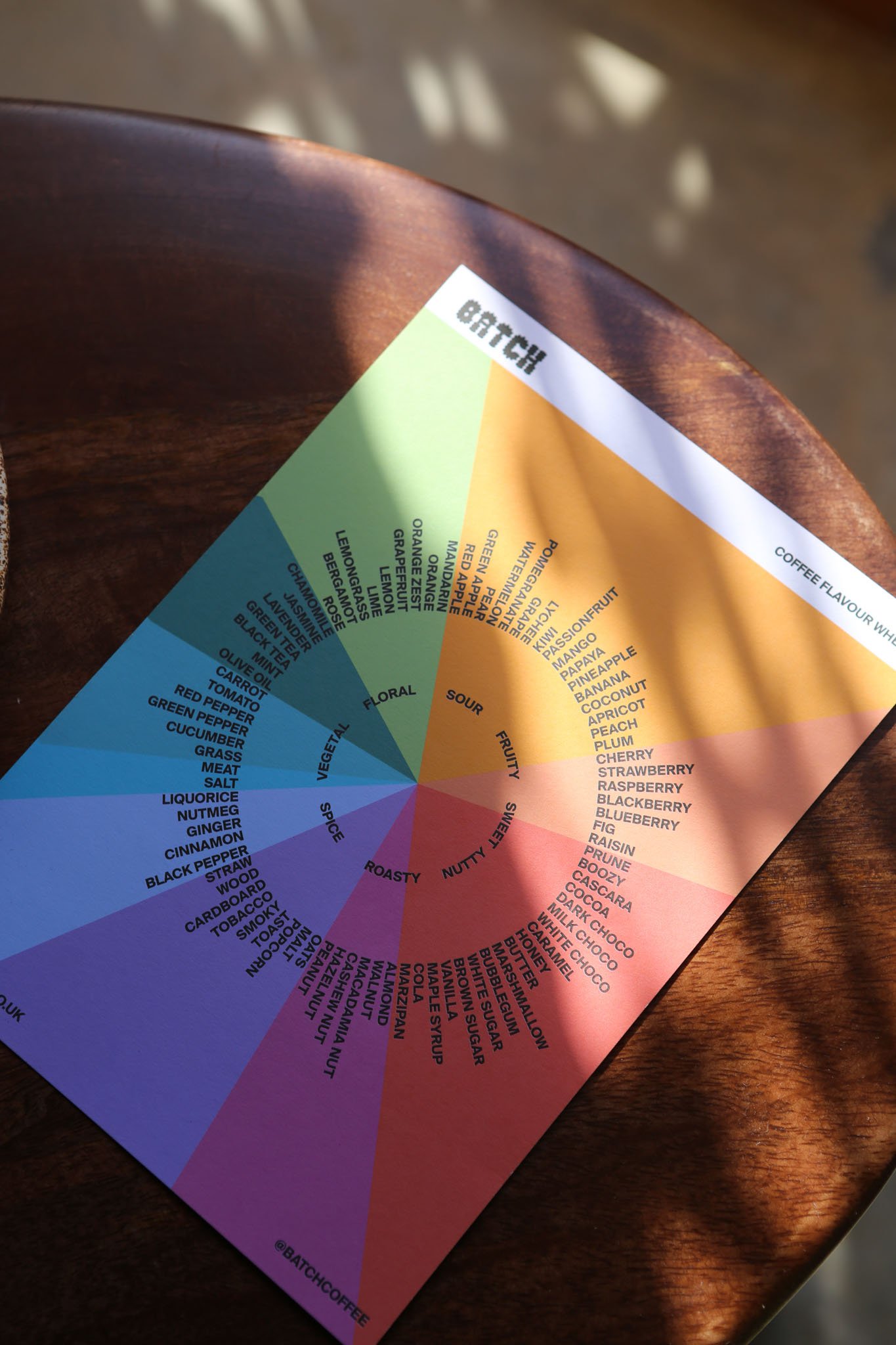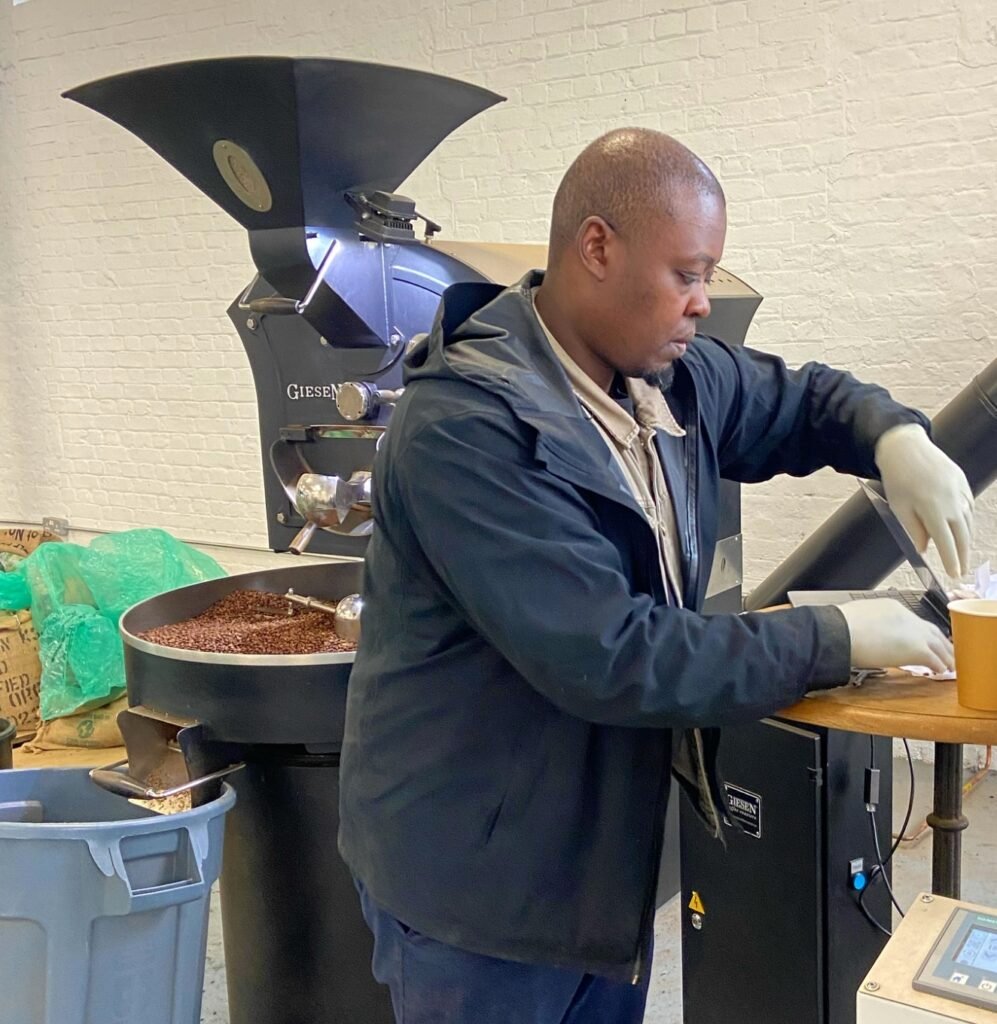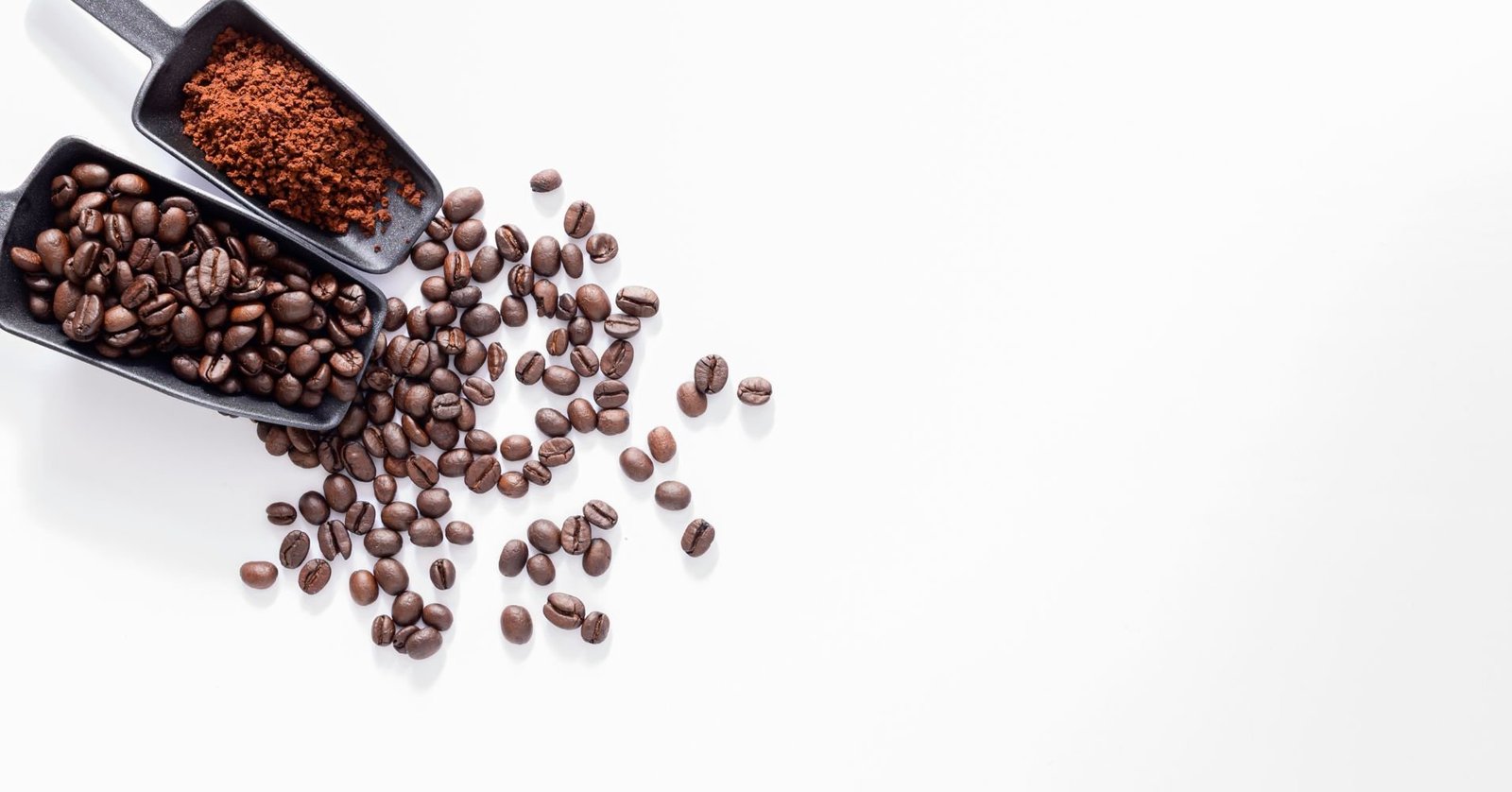Albeit a little confusing, coffee beans and espresso beans are pretty much the same thing.
An espresso bean is a coffee bean but has been marketed and produced for optimal use in an espresso machine.
You can use espresso beans in other methods of coffee brewing and you may find that the coffee beans you are purchasing have no mention of the word ‘espresso’ but extract a wonderful shot.
However there are a few differences between coffee beans and espresso beans…
Roast Level
To start off with espresso machines, force hot water through a bed of ground coffee to extract a shot of espresso.
The process is short and the water is only in contact with the coffee for around 30 seconds. Although the coffee is ground fine, there is also a preferred roast level for espresso beans which is on the darker side of medium roast.








